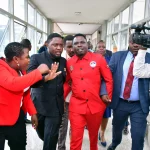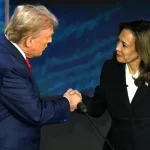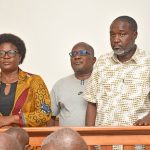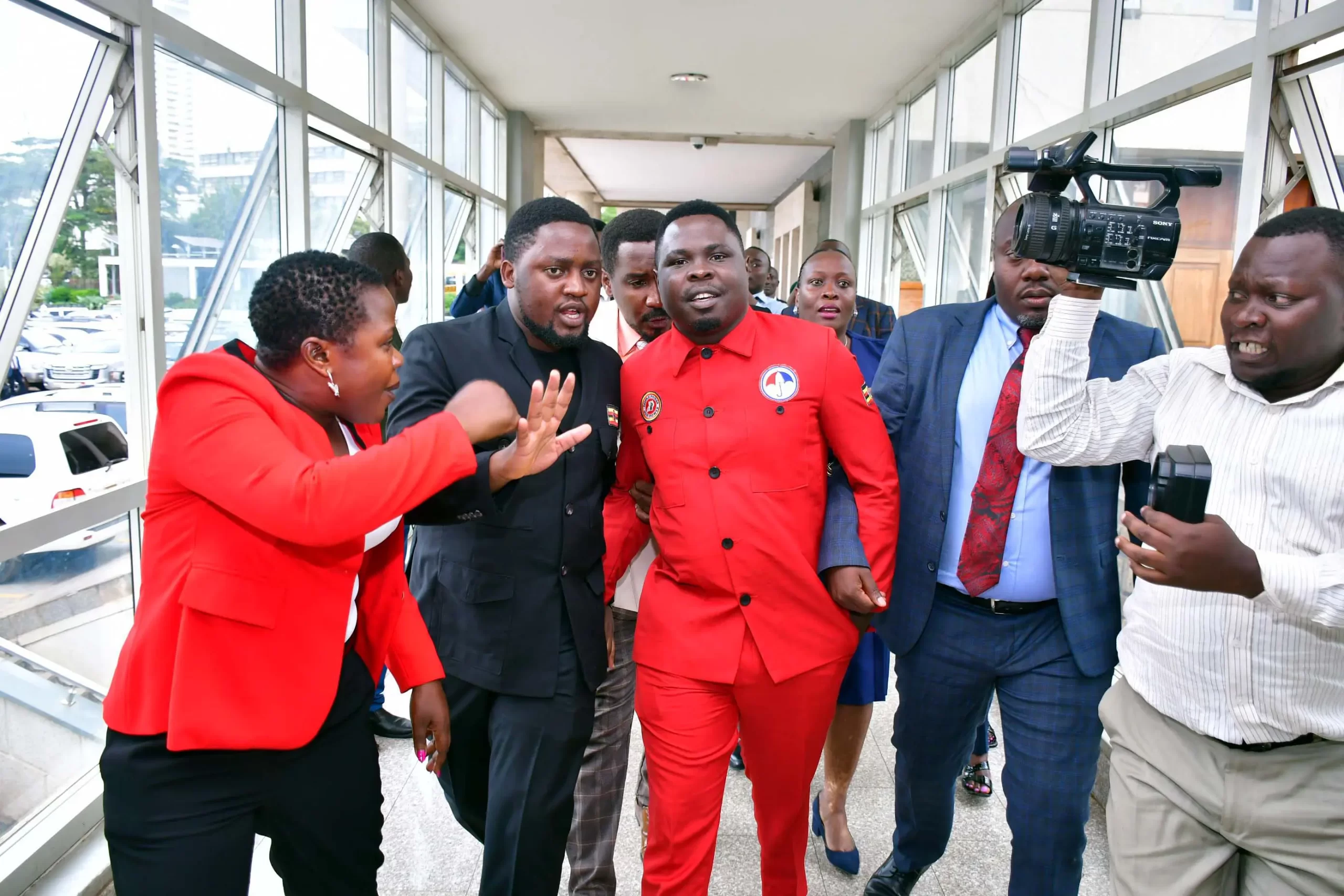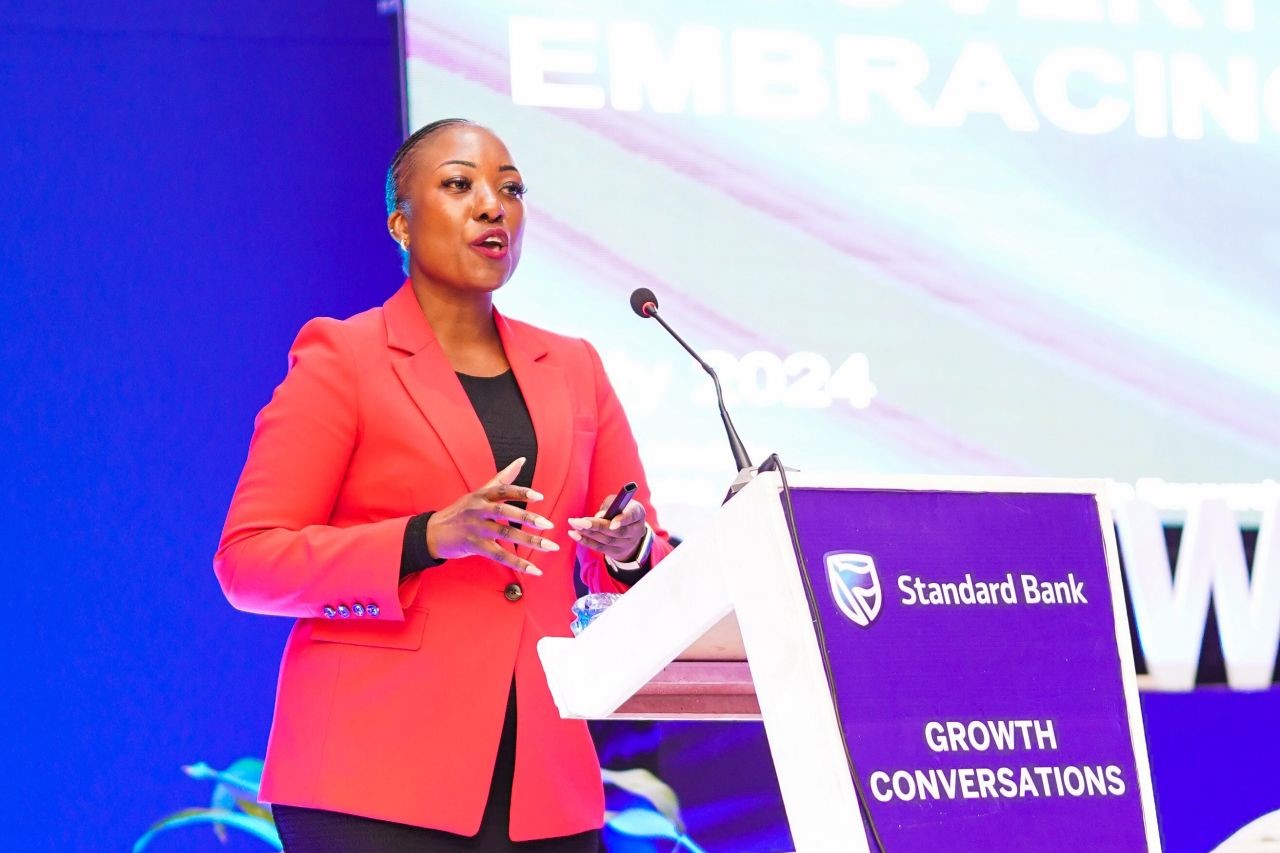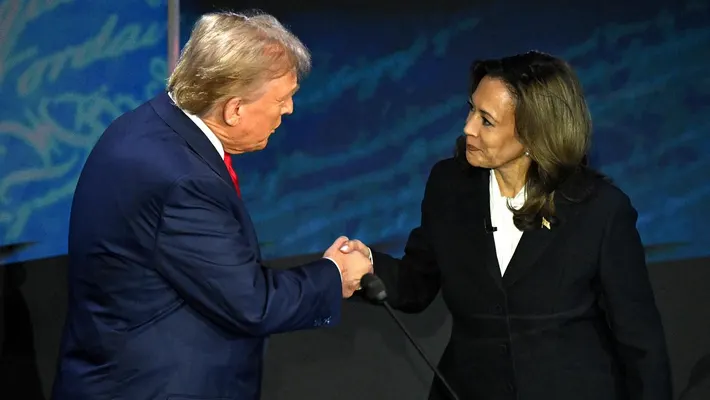In June 2019, Budadiri West MP narrated how he ended up joining Dr Kizza Besigye in the struggle to remove president Museveni and restore democracy. A lawyer, economist and accountant, Mafabi says he was inspired by Besigye’s resilience, integrity and determinsation to cause change. He also revealed his battles with Museveni as chairman of Bugisu Cooperative Union (BCU).
Mafabi has since fallen out with Besigye and currently serves as secretary general of the FDC Najjanankumbi faction. As Besigye made 68 years, we reroduce Nandala’s story.
********************************************************************
The beginning
In 2000, while working at the World Bank, I heard that Dr Kizza Besigye would contest for the national presidency in 2001, and I affirmed that he would be my candidate.
Earlier on in 1996, while still working at the Ministry of Finance, I had met Dr. Besigye as we investigated tax fraud in an organisation called Danze. This organization was run by high-profile people in government and business moguls. Goods imported by this company would be registered as ‘goods on transit’ yet they were being sold here in Uganda. The government officials would falsify stamps from exit points like Koboko and Mutukula, claiming the goods had left the country.
When we did the investigation, the Government of Uganda had been defrauded of 152 billion shillings. During this investigation, we even met President Museveni, since we had received information that some of the players were soldiers. It was only later that we learnt of the President’s involvement in the whole scam, and that Danze had been formed to mobilise money for his 1996 presidential election!
Why Dr Besigye
As indicated, during this investigation, I met Dr Besigye who was supposed to give us information about Danze. Instead, he not only offered us key information about Danze but availed us details of theft in Coffee Marketing Board (CMB).
That time, coffee would disappear from Kampala to Mombasa or in the sea. Interestingly, the trucks, the drivers and the ships would never disappear! It was Dr Besigye who told us that disappearance of coffee was a Museveni venture meant to cheat the taxpayer. After declarations of the disappearance of coffee, the government would pick money from the Treasury to pay farmers.
By then, their methods were not as advanced as today’s, where the Governor BOU is simply ordered to release money. When Dr Besigye disclosed this information, it dawned on me that there were still some honest people in this country. A senior official of CMB involved in that scam is currently chairing the board of a bank which was also bought from government at zero price.
You may also recollect that in 1999 Dr Besigye had penned an article, criticising the NRM for veering off the course they had set out to achieve in the Bush War—and for his honesty, he had been threatened with a Court Martial. So when in 2001 Dr Besigye declared that he was going to run against Mr Museveni, I couldn’t hesitate to support him.
Together with Mr Garuga Musinguzi and others, we mobilized resources to run that campaign. At the end of the race, we “lost”. Not because we had genuinely lost but because of the combination of factors. Dr Besigye’s candidature frightened Mr Museveni so much that he unleashed all manner of brutality against his opponent.
In western Uganda, voter turn up was 120%. As the courts later ruled, that particular election was a pack of irregularities. My hope in that election was that Dr Besigye should have won so that I would serve as a civil servant in his regime.
But his loss and the glaring electoral irregularities propelled me into elective politics, if not for anything, at least to make a humble contribution in changing the way our country was being run. I decided to run for the Budadiri West parliamentary seat, in a race where my opponent mocked me for being “too light”.
He chided me, saying nobody would waste a vote on a person who can’t stand on and break a dry banana leaf! However, at the end of the campaign, I emerged winner.
When I joined Parliament in 2001, I was the only new MP tasked to chair a committee. I was voted Chairperson of National Economy Committee. It was during this tenure that I discovered how government was using the common person to get loans which would never reach the intended beneficiaries.
This is how, together with the team, we changed the rules, demanding that no loan would be procured unless the intended beneficiaries were aware. The committee I chaired rejected 11 loan requests we thought were simply going to burden the taxpayer. Of course, the State never liked this.
Another significant and yet low development in this time was the lifting of presidential term limits in 2005. Before our colleagues in the NRM did the dishonourable act of amending the Constitution to offer Museveni a life presidency shot, I was approached by State operatives with an offer of two billion shillings and a ministerial slot if I could back the “third term” project. I told them my conscience had no price and I later learnt, this angered the powers that be very much.
It was also in this period that I moved a motion in Parliament against selling Uganda Commercial Bank, arguing that this was a people’s bank. It was a hot debate, but while we lost, we are sure history will one day bail us out.
During this time, Reform Agenda merged with the Parliamentary Advocacy Forum (PAFO) to form Forum for Democratic Change (FDC). Our courtship with state violence had begun.
For example, while in Jinja, popularising PAFO, the government mobilised thugs to attack us. They hit my jaw so badly that I had to undergo serious medical treatment.
In December 2004, FDC was registered and we hit the campaign trail the following year. However, it was a difficult campaign. Our chief mobiliser, Dr Kizza Besigye, had been arrested on trumped-up charges and he was behind bars. During the nominations, some people were of the view that two sets of signatures be sought so that if Dr. Besigye was denied registration, we would front another candidate.
I was one of the people who objected to this arrangement because in it, I saw a ploy to condemn our leader to eternal jail. Our view was that if the worst came to the worst, we would rather not participate in that election than leave Dr Besigye languish in jail eternally.
On realizing that we were unlikely to front another candidate, the Electoral Commission accepted to register Dr. Besigye while in jail. In in its typical confusion, the government through the Attorney General had indicated that Dr Besigye could not be nominated whereas his junior gave a contrary view—which thankfully was upheld.
More hurdles, however, awaited us. Our chief mobiliser was in jail, or even when he was freed, spent most of his time in court. Our campaign suffered a shortage of funds. We were on the verge of humiliation. To salvage the situation, I decided to mortgage my petrol station for 700 million shillings which we used to run the campaign as we sought other support elsewhere.
Unlike in 2001, the presidential and parliamentary elections in 2006 were conducted concurrently. Little did I know that as I sought to defend my Budadiri West seat, my actions and decisions in the National Economy committee had hurt President Museveni so much that among others, he had blacklisted me against returning to Parliament.
Others on that list were Hon. Augustine Ruzindana, Maj. (Rtd) John Kazoora, Hon. Jack Sabiiti, Hon. Salaam Musumba among others. A lot of pressure was exerted on me and fearing that I was going to be killed, both my parents developed low blood pressure and died.
My father died on Jan 19th 2006, and a month later on 14th Feb 2006, my mother also died. Nine days after my mother had died, the people of Budadiri massively voted me back to Parliament. I got over 40,000 votes as my closet challenger got 4,000 votes.
In the 8th Parliament, the party gave me an opportunity to serve as Chairperson of Parliamentary Accounts Committee (PAC). When I assumed leadership of PAC, there was a backlog of uncleared work dating to 2000 but by the end of my tenure, we had cleared that backlog and attended to our own work. As you know, it was at this time that the anti-corruption fight took a national character as we took many heavyweights to task over stolen money—including causing the imprisonment of a Vice President.
We are proud that we made Ugandans aware of how wide corruption had eaten not just the centre of this government, including its top-most echelons, but also all other units. It is now our duty to ensure we get rid of all these wrong elements.
I am glad that the anti-corruption stance we took in the 8th Parliament is now being fanned by many of my colleagues. The struggle to root this vice from our midst is critical. We must all do what is within our means to ensure we have a country where public funds are respected and used for the purpose they should.
But if winning the election in 2006 was gigantic, five years later, I would come against every form of state-inspired violence, intimidation, militarism and bribery as I battled a Cabinet minister for my parliamentary seat. Sironko, my home district, turned into a barracks of sorts in February 2011 as army tankers and mambas were deployed on village paths—all in the name of denying me a parliamentary seat.
A vote in my constituency was going for 50,000 shillings as the NRM broke the coffers to buy nearly each voter in my area. But being the wise people they are, my voters saw a golden opportunity in recovering some of their stolen taxes, but while firmly sticking to the issues.
They would pick the money and later joke among themselves, at drinking joints, how Nandala had given them money. At malwa joints, they would ask each other, “How much has Nandala given you today?” The one with most “income” that day would then buy a round of drinks as they looked forward to reaping more the following day.
My record of development in Bugisu is unmistakable and this was not lost on the voters. It was no surprise then that when the final results were announced, I had more than triple the votes my opponent, a senior government minister, had.
But this civic competence of Budadiri West and Sironko was not by accident. We had done enough mobilisation and sensitization before voting. The voters knew that bribes thrown at them was simply their money and they were under no obligation to be swayed by it.
People were manning polling stations as early as 5.00 am. Even as the army fought and shot at me, they stayed in the queues, swearing to vote for me, even if I were dead!
We had also ensured that we nominate 10 or more agents at every single polling station. As one person stepped away, another was on standby. We cornered our opponent. There was no way they could do any mischief.
Realising that rigging would not work, the army scaled up the violence; our agents were arrested and people roughed up. Unwilling to stand the oppression, our supporters retaliated, cornering soldiers and beating them.
In the melee, I was shot in the leg and a journalist who was covering the fracas shot in the stomach. Up to today, the government has never explained what soldiers were doing at polling centres.
This mobilisation and vigilance bore fruit. Our party won all the three parliamentary seats in Sironko District; we won the LCV seat, we have 21 LCIII chairpersons out of the 28 in the district and 41 councillors.
Of the 127 polling stations in the constituency, we won at 124 of them. If there is any lesson we learnt from this race, it was the fact that we can NEVER get victory on a silver platter. Organisation and mobilisation are key if our party is to take power.
Battles with Museveni for Bugisu Cooperative Union (BCU)
In 2008, when union members took a decision to have new board members, government postponed elections six times because of the fear that Nandala could win.
Finally, they had no alternative but to organize the election. Four days to elections, all delegates were ferried to hotels in neighbouring districts of Tororo, Iganga, Jinja, and Soroti. The most targeted delegates were people from my zone. This meant that I had no voters to canvass votes from.
Since 1954, voting rules had been that each of the nine zones votes for one board member, who then joins other members from other zones to constitute an executive. This time round, however, the voting pattern was changed. Everyone present would vote both board members and its chairperson.

So come voting day and the drama started. The first showdown was on the election of zone board members. Out of the 104 members from my zone, I had accessed only 20. As I stood in the line to be voted, I knew my fate was sealed. Five of my group members had already lost and I was the sixth. Some people urged me to shift from my queue, saying it was jinxed, but I told them I would go down with my colleagues.
Events, however, took a strange turn. One old but vocal member who had been given Shs 20 million to vote against me, probably battling with his conscience, boldly declared, “I cannot sell Bugisu”, and crossed over to my side. He added that the cash inducement given to him was taxpayers’ money, before scores of other members switched to my line.
My opponent in this race, like it was in the 2011 parliamentary election, was Minister Beatrice Wabudeya. She had never sold even a kilogramme of coffee, but here she was masquerading as a coffee farmer, seeking management position in a coffee farmers union! When votes were counted, I had sailed through as board member for my zone.
President Museveni, who had camped in Mbale, was informed that I had won the first round. He urged his members to ensure that I am not elected as BCU Board Chairperson. Instead when the vote was called, I was endorsed as chair with an even bigger margin. Mr Museveni did not wait for the declaration of the winner—we simply saw his helicopter take off!
When I assumed leadership of BCU, it was indebted to the tune of Shs 1.7 billion. Within two years, I had cleared this debt and turned the organization from loss-making to a profit making venture. In two years, we had made a profit of over 2.5 billion shillings. The price of coffee rose from Shs 800 to Shs 12,000 a kilogramme. A person with 1,000kg was assured of Shs 12 million. People built houses, bought cars and yes, others married more wives.
No surprise then those farmers decided to rename Arabica coffee as “Nandala”. Perhaps the most important contribution to the community was that BCU revived the students’ scholarships. We paid fees for over 200 students in higher institutions of learning every year.
A scared Museveni said these were many students (perhaps comparing with his mismanaged, tribalistic State House scholarship scheme) and reasoned that in five years, we would have an unrivalled force. Little did he know that we just sought to help improve our community.
He accused me of using BCU money to finance FDC activities just because the previous board that was NRM-inclined had done exactly that. He has caused endless inquiries that have failed to find any mud to throw at me. The fate of our union hangs in balance as Museveni does everything within his means to kill it.
This story first appeared on the FDC website


